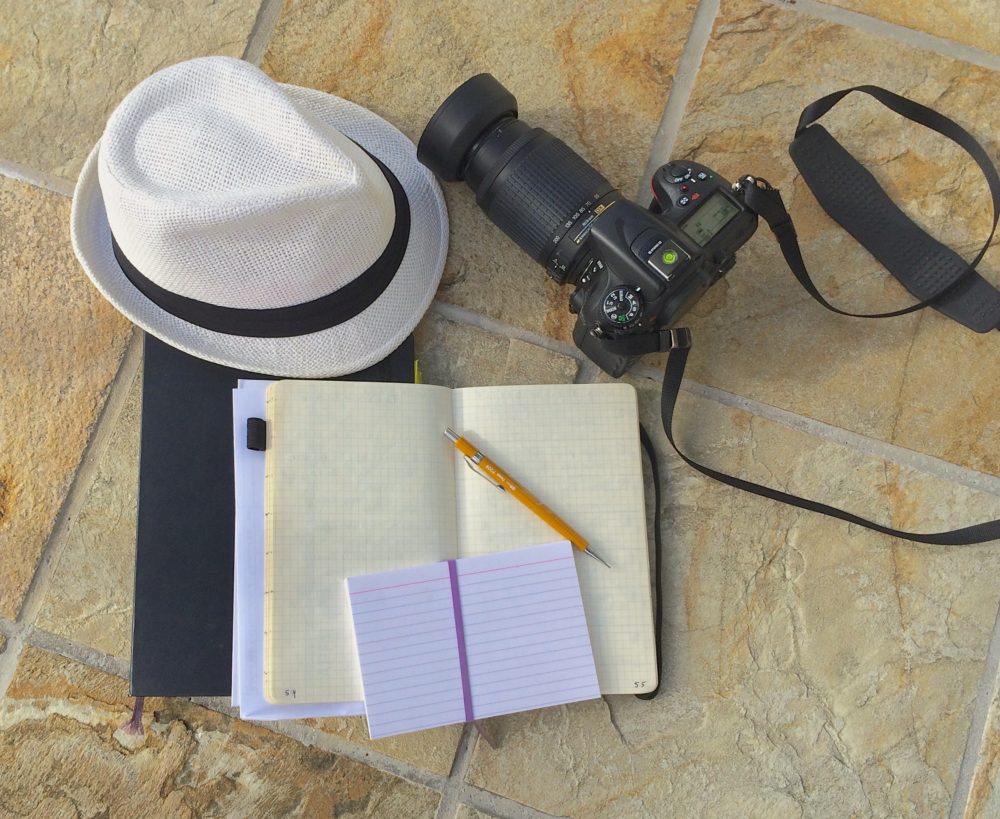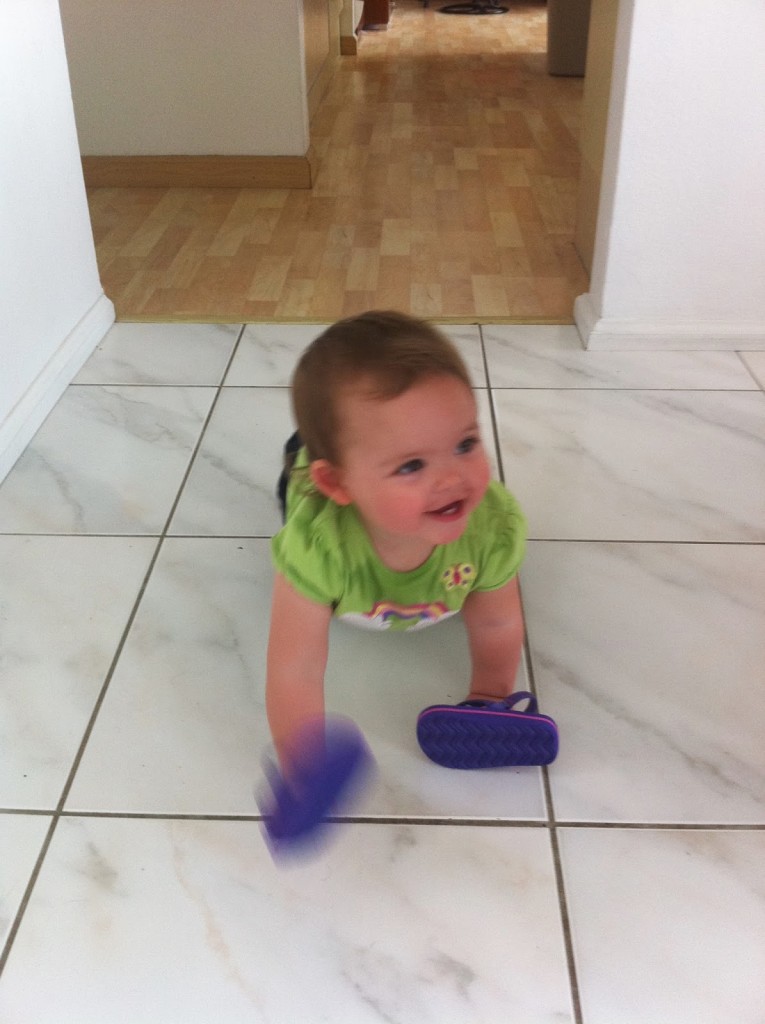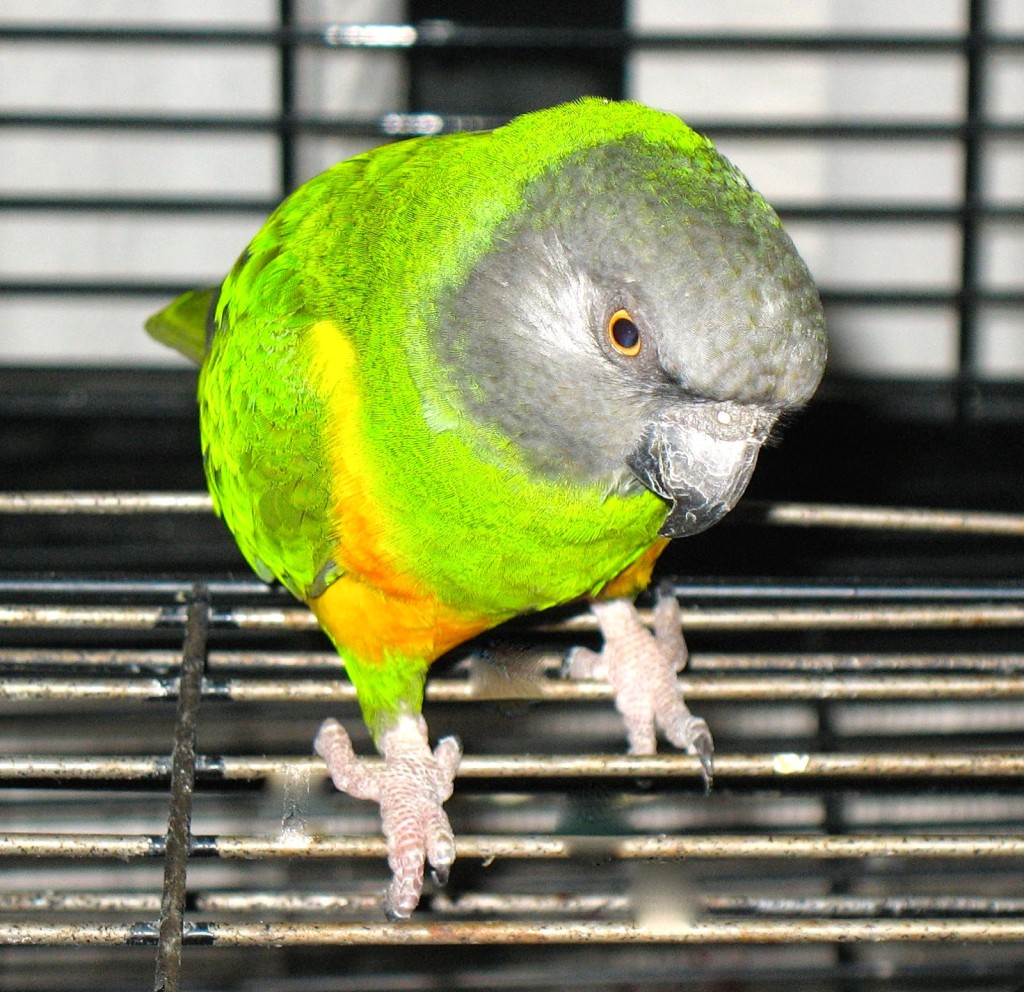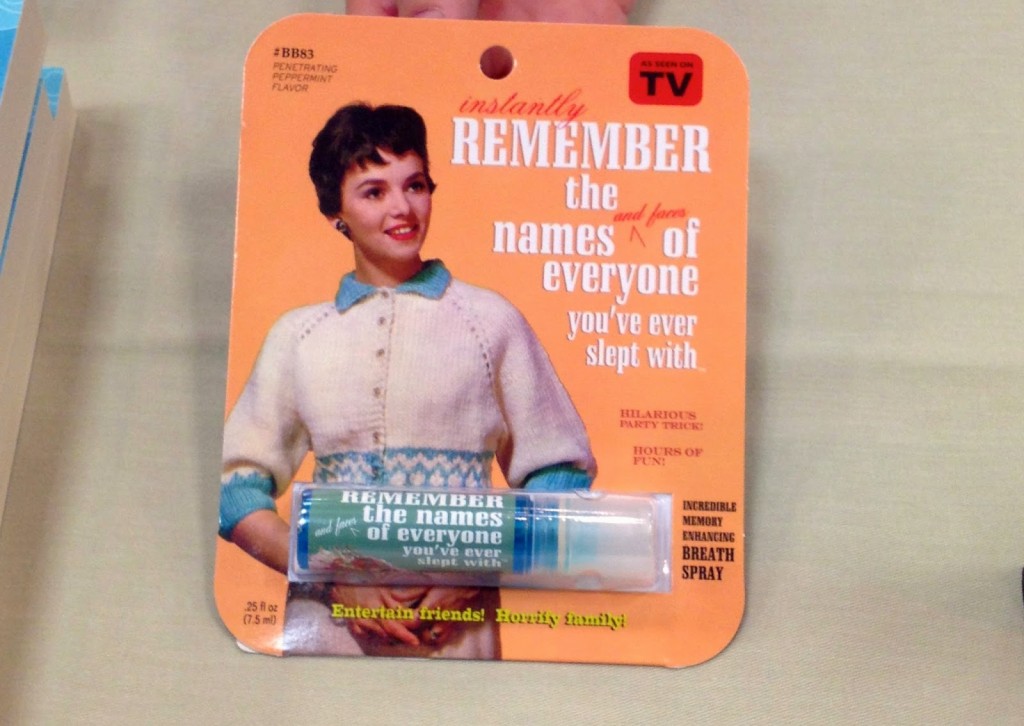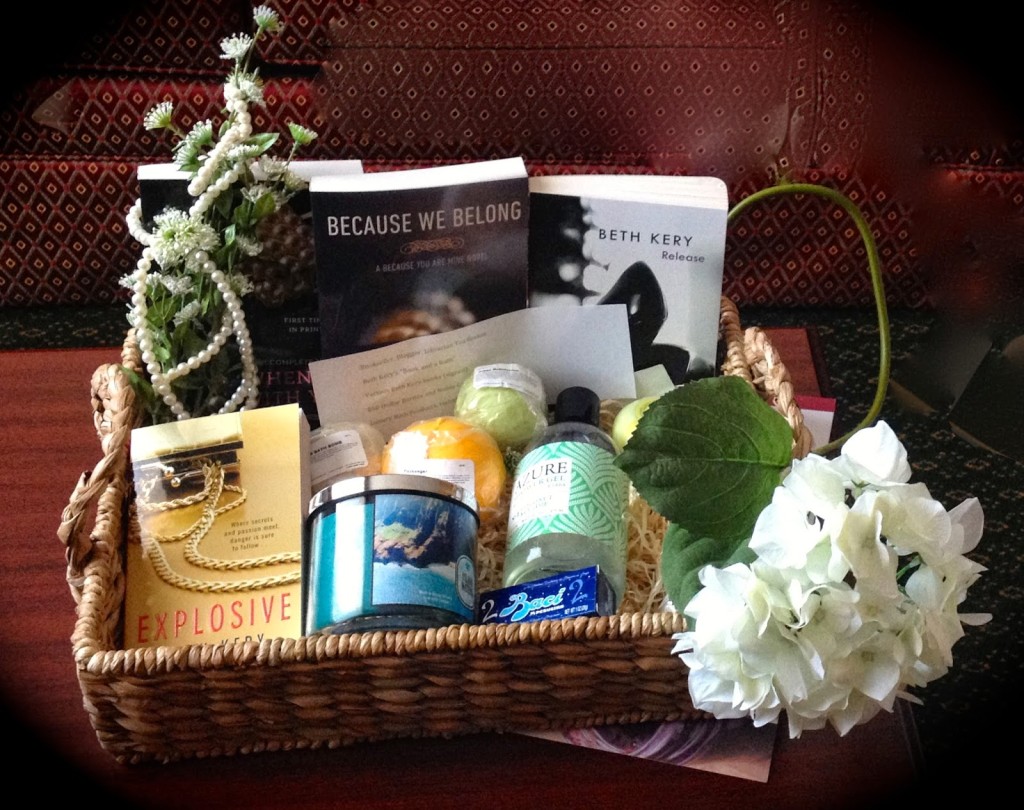 |
| Give me the thorns… |
It was 1981 when I discovered Octavia Butler’s fiction. I fell hard, reading everything that I could find that she had written. As an long time fan of Science Fiction/Fantasy, I craved stories that featured women as more than objectified window dressing. Octavia Butler’s writing is populated with women who are intelligent, strong, survivors, and creators. Her writing is evocative and powerful. Crisp and clear, her pacing forces you to read on, long after you should have turned off the light.
Octavia Butler was not afraid to write about pain, death, rape, slavery, the future, sexual violence, power dynamics, and racism. The difficult topics that so many writers look away from, or gloss over in their work, she featured front and center in her stories. Her writing pulls you close, and forces you to keep reading, even when part of you wants to look away. Her language is intoxicating. Her voice draws you into her world, and everything else falls away. Be warned: Ms. Butler will make you think about things you might not want to think about.
My favorite books/stories are:
1. Blood Child- (Blood Child and other Stories, 1995) Insects, male pregnancy, power dynamics and love. This story won both the HUGO and the Nebula award. It was the first of her works I read, and the one I go back to when I need a fix.
2. Fledgling (2005) Vampires, Race, and Society. A welcome twist on the vampire motif. No sparkly vampires here!
3. Kindred (1979) Nightmare fantasy, time travel, and slavery. Read it at least twice to get the full effect. Her ability to weave past and present events is exceptional.
4. Lilith’s Brood ( Xenogenisis Trilogy- published as omnibus editions since 2000) – Genetics, third gender extraterrestrials, sex and power dynamics. Lover or master? Rescued or captured? Or all of the above? This collection of stories is seductive and terrifying.
5. Parable of the Sower (1993) Dystopian future, Race, the power of learning, a new religion, and hope. This novel reminds me that there is always a way forward for those that strive to make their own way.
Octavia Butler left us in 2006. I still grieve for the stories she had inside that we didn’t get to read.
